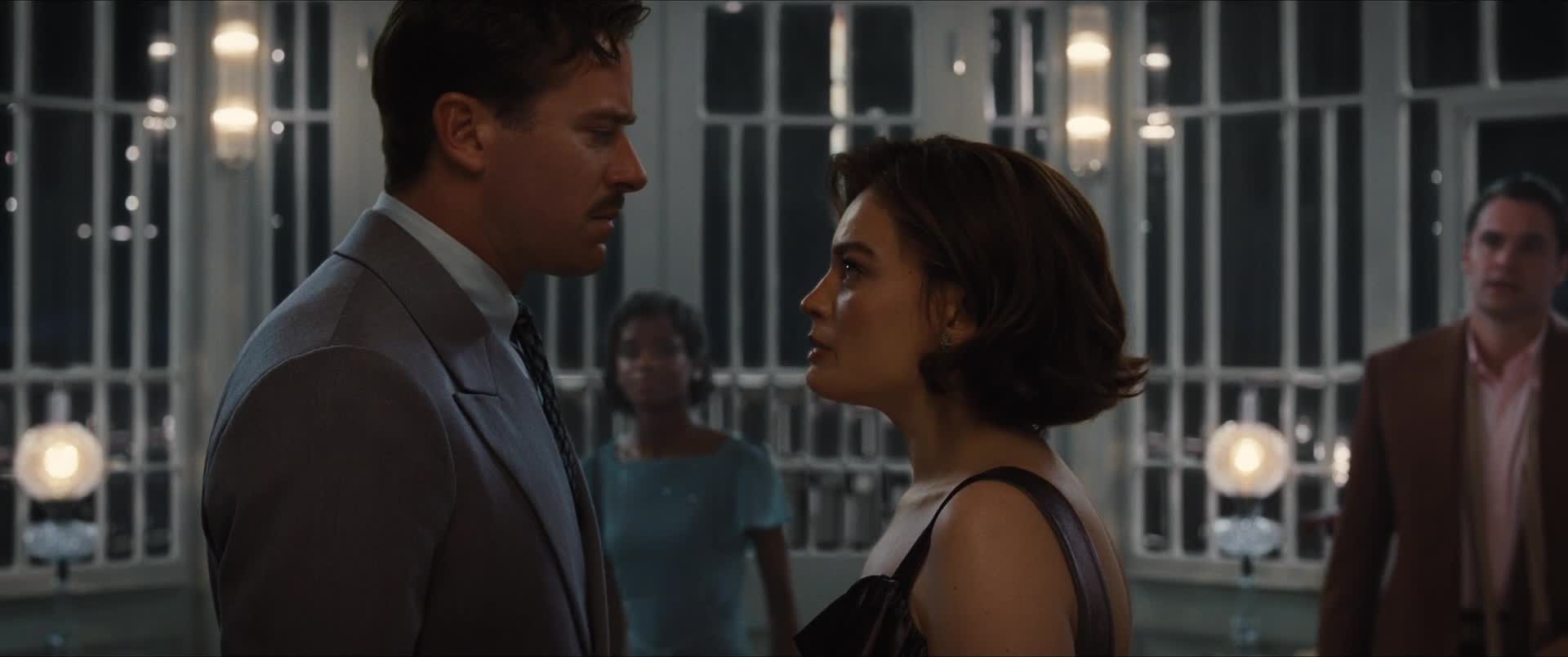Branagh's Poirot: new and improved?
Kenneth Branagh’s Poirot: introducing Hercule Poirot to new audiences
Kenneth Branagh’s Poirot series can certainly be praised for (re)introducing Poirot to audiences. Personally, I have to say David Suchet will always be my Poirot, but of course to each their own. What I find most interesting about Branagh’s Poirot films is how exactly they seek to revive these stories. What makes these films any different to any previous Poirot adaptations? Why did Branagh choose these particular stories for adaptation?
Branagh’s choice of one of Christie’s most famous stories (Murder on the Orient Express) draws in audiences who are familiar with her work and those who might only just be getting to know Poirot. Here we’re being introduced to a new iteration of Poirot by placing him in a non-British context, unlike other Agatha Christie stories which place her characters often in British countryside or London (and this film opens at the Wailing Wall in Jerusalem). Branagh is also establishing the fame and prestige of Poirot through a public display of his detective skills. The claustrophobic setting on the train, along with clashing personalities and tension also introduces us to a key conflict between rationality or logic and impulse or emotions leading someone to revenge - their own form of justice. Murder on the Orient Express introduces not only one of the most famous Poirot stories but also an ethical trial for Poirot. Speaking about Murder on the Orient Express’ conclusion, David Suchet said he tried to convey the difficulty Poirot faced in being torn between what he knew logically to be the truth of the situation and the moral cause of Mr Ratchett’s death, leading to Poirot feeling that none of the would-be murderers were truly guilty of a crime.
(You might want to skip this bit if you don't want spoilers, warning you now.) Moving on to Death on the Nile, the conclusion of the story being a double suicide of sorts means that Poirot isn’t able to cement his success in cracking the case. The joint suicide of the murderers means that justice cannot be served in the traditional manner, and Poirot’s excellence in solving the case accounts to little more than a grim memory for those on the Karnak. The murderers’ love affair and their assertion that they would be united in death, if their plans did not succeed, also means their actions run the risk of being romanticised and Poirot’s work to find the answers by logic and reason (rather than succumb to his desires) places Poirot and the murderers as distinct opposites, morally. And yet, perhaps the audience can understand those passions. Perhaps the audience’s understanding of and sympathy for such motives, more so than for Poirot’s more brusque methods, does put Poirot in a difficult position. Poirot is our main protagonist, the hero, for all intents and purposes, but perhaps we might feel repelled by his methods and ethics in comparison to the fiery and intense emotions which motivate the murderers.
A Haunting in Venice is a story that’s not so familiar to audiences, partly because there isn’t a Christie novel of the same name, partly because the story it’s actually based on isn’t one of her more famous novels. Hallowe’en Party (Christie’s original) is the source material for Branagh’s film, but there are lots of narrative departures which exist for the Poirot franchise that Branagh is creating. First of all, Christie is the queen of the whodunnit, but this film feels like it’s straddling the genres of murder mystery and supernatural thriller. (Not that there’s anything wrong with that at all, and in fact it does work for the story that’s being told.) At the beginning of the story, Poirot is in retirement from his detective work, enjoying a peaceful (and boring) life in Venice, deluding himself that he is happy and satisfied with his lot. Ariadne Oliver’s appearance in this story to bring Poirot a new case is one that combines Christie’s literary world with that of the audience - here is something new to grab Poirot’s attention; what will he do with this information? And then there are the themes of haunting and fear. These go against everything Poirot believes in as the champion of logic and reason, and yet as the story progresses, and the cabin fever is setting in, Poirot seems to be the only adult sensitive to the ghosts which haunt the house and provide him with clues no one else has access to. On the one hand, it feels like a bit of a cop out that the detective is sensitive and therefore has a supernatural advantage, but I think what’s happening is something quite important for Poirot’s character. If his ability to crack the case is being helped by spirits and the supernatural, what does that mean for his methodology of pure logic? Does Poirot now have to re-evaluate his whole belief system to account for this new discovery? I believe he does.
In Murder on the Orient Express, Poirot confronts his own morals. In Death on the Nile, we confront Poirot and his need to be recognised for his successful detective work as well as his own belief in the superiority of logic. In A Haunting in Venice, Poirot is confronted by everything which goes against his logic and methodology. After all this, whilst Branagh is by no means my preferred Poirot, I can understand the reasoning behind his narrative and stylistic choices for this new Poirot, and at the end of the day, I can never say no to Agatha Christie.
.jpg?quality=75&width=1200&auto=webp)



Comments
Post a Comment